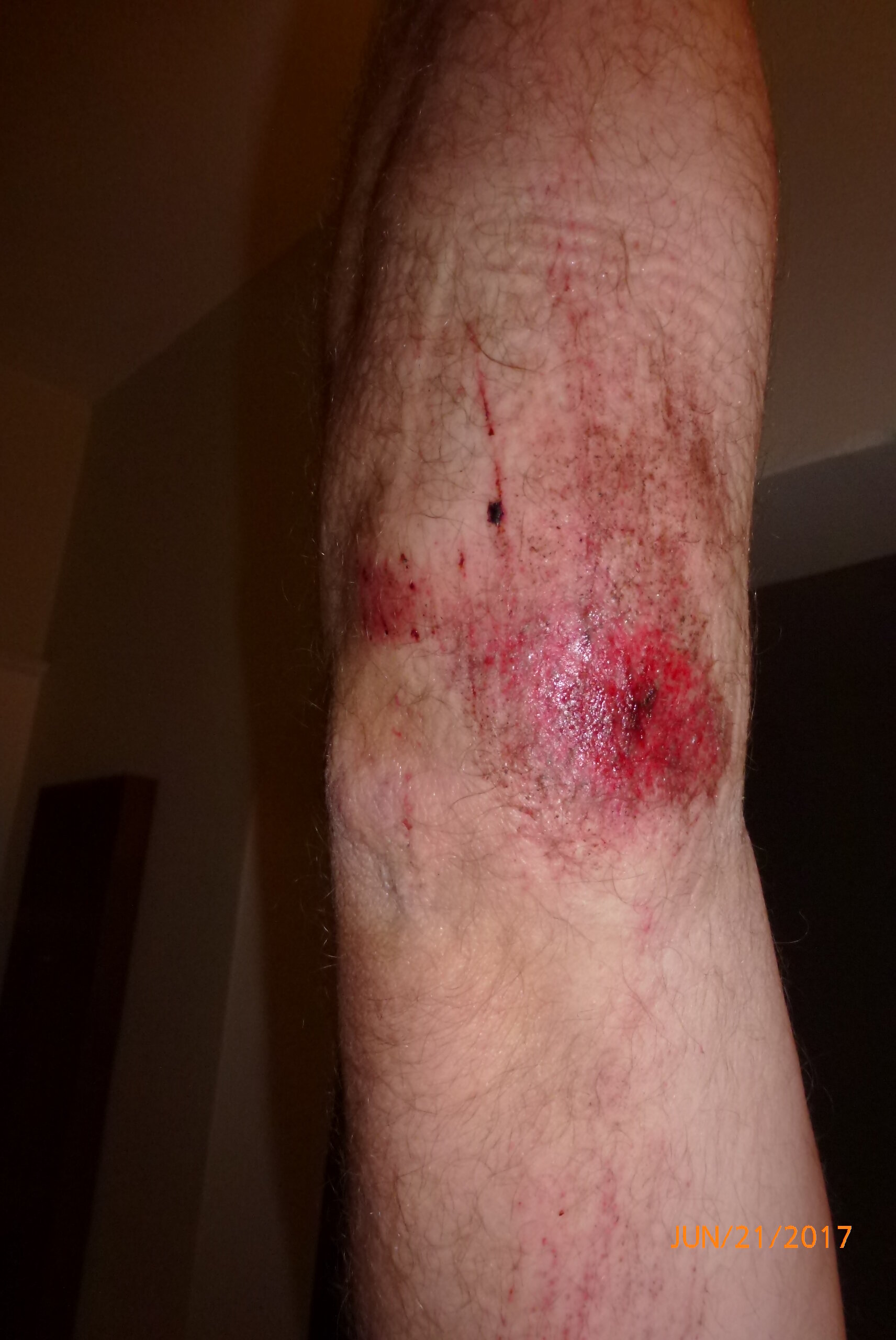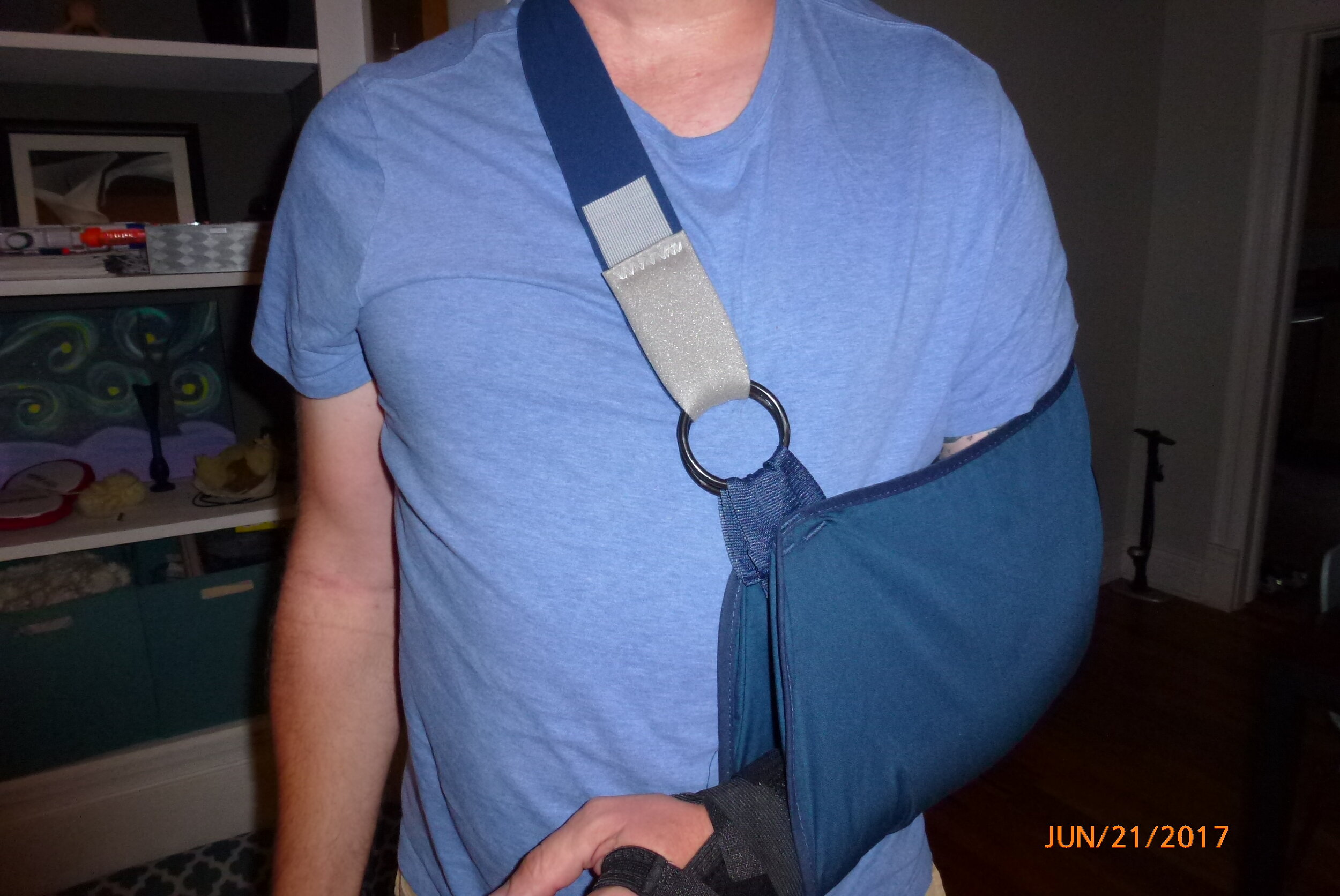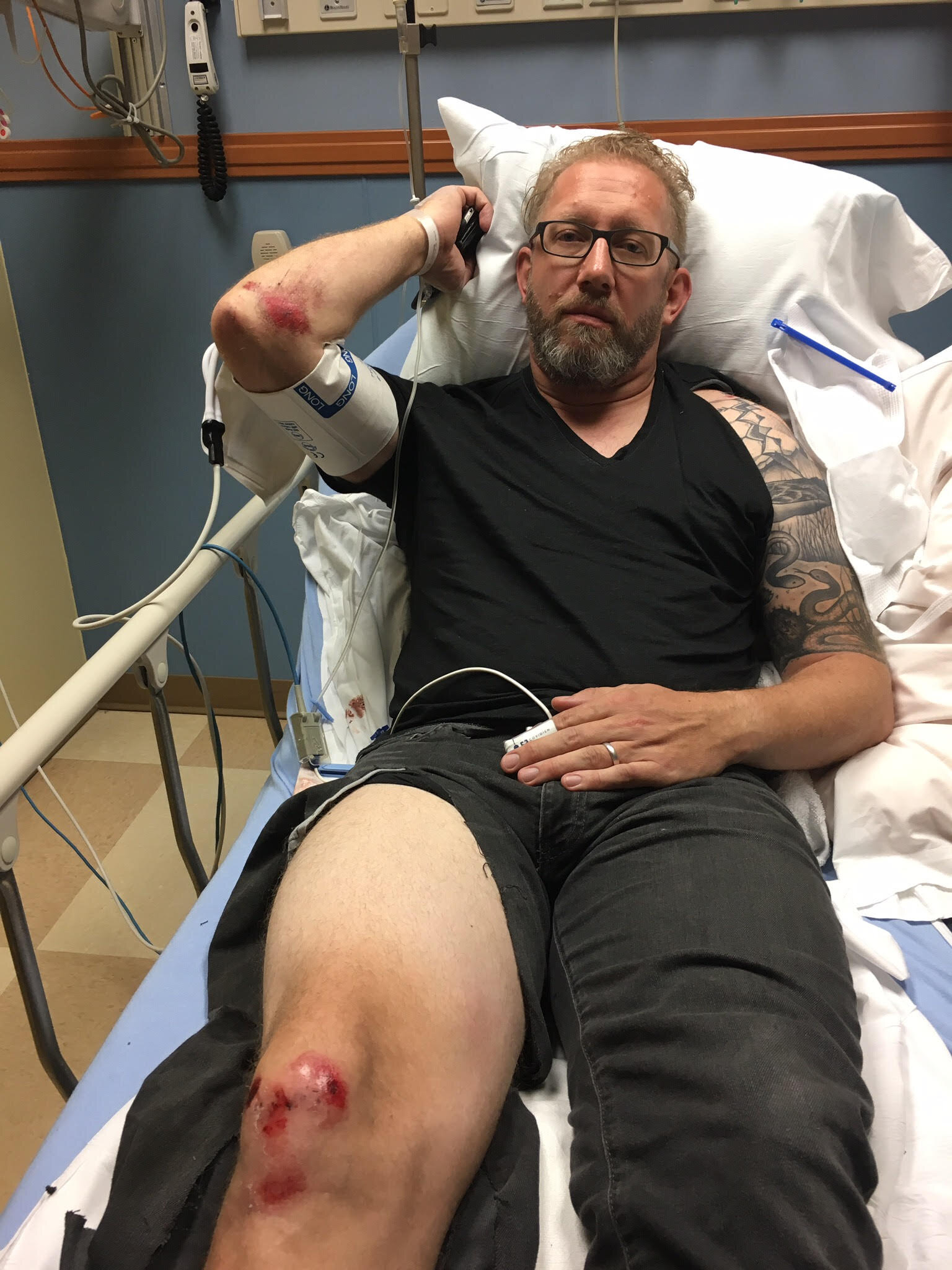This ^^.
If you have been reading our recent client stories, you probably noticed that in many crashes involving bodily injury to a cyclist, the city or district attorney often offers drivers a plea deal. These plea deals, which result in reduced charges and penalties/fines, seem very unjust to the injured cyclists.
While their injuries may require surgery, physical therapy, time off from work, medical bills, pain, loss of independence, an inability to function daily, stress, and anxiety—just to name a few—the drivers get back to daily life and driving their cars almost immediately. Many will not even have to go to court; they will plead guilty to a lesser charge and pay minimal fines.
Yet, the cyclist will not be able to get back on the bike right away. Some will never get back on because they are afraid of another collision or death. Injured cyclists continue to deal with the physical and mental toll the crashes take on their daily lives and the possible lifelong impacts.
This is the case of our client, Ken Andrews, who was t-boned while riding in the bike lane on his way to his job in downtown Denver in June 2017. The driver, initially ticketed for taking the right of way on a left turn (a three-point violation), was offered (and she accepted) a plea deal for operating a vehicle with defective headlight equipment (a one-point violation). She paid $135 in traffic violation and court fees.
Ken, on the other hand, was diagnosed with:
A grade 1 acromioclavicular (AC) shoulder separation on his left side.
A fractured scapula on his left side.
A sprained wrist to his left hand.
A small, painful “bony” lump, or ganglion cyst, at the base of his right thumb.
Severe muscular, tendon, ligament joint bruising in his right shoulder and a partial labral tear.
Road abrasions along the underside of his right elbow and around his right knee cap.
Overall bruising along left and right side of his body.
Continued pain and decreasing functionality in his right arm and right elbow.
Following the crash, Ken’s overall quality of life diminished, as he could not function independently to complete regular daily activities like bathing, dressing himself, and preparing food. He was not able to care for his four-year-old daughter. Ken could not hold his daughter and provide her the physical attention to which she was accustomed. He was also very concerned about making a full recovery and the possible long-term problems.
Not only did he have to deal with the physical impacts of the crash, it also took a mental toll on him. It was six months before Ken was ready to get back on his bike and back riding on the streets. He was nervous the first several months, and it was very hard to trust traffic. Ken, who has been riding bikes since he was eight years old, commutes both in Denver and Boulder as much as he can. He is an avid mountain bike rider and races both mountain bike and cyclocross. He is riding again, but it does not take much for him to get nervous on the road. Ken rides much more defensively now and tries to ride on bike paths exclusively, if possible, whereas he used to have no qualms about riding in traffic around the city.
Ken feels that Denver law enforcement did not charge the driver appropriately. Instead of issuing her a ticket for careless driving, the ticket was for taking the right of way when turning left. If, in principle, law enforcement ticketed drivers for careless driving when cyclists are involved, and city and district attorneys did not offer plea deals, drivers might actually be more cautious around cyclists knowing they could lose their license or even serve jail time. If you are convicted of a careless driving charge, your insurance rates might increase, your insurance company could drop you, and your permanent driving record will be reflected. Ken’s case never got that chance here.
What does Ken want drivers to know about keeping cyclists safe? Pay attention, put the phone down, and respect that there are bike lanes in Denver. Drivers are responsible to monitor them for traffic just like other cars. Be aware that when making turns, especially in the city, there are lots of cyclists and pedestrians. He believes that it is crucial to enforce the laws that exist and that law enforcement should apply them correctly. “Then city and district attorneys must stand behind them!” he says. Ken also emphasizes that the number one thing cyclists need to do is obey traffic laws and remove the stigma of cyclists. “We need to be seen as complete equals to the auto user.”
Ken wishes more cyclists knew how bad the imbalance is between auto users and cyclists in the eyes of the legal system:
“While the laws in effect do protect the more vulnerable, enforcing them seems to be non-existent in many ways. I think if more cyclists were truly aware of how poorly they will be treated by the justice system and the insurance companies, they would be more active/involved in protest and demanding better bike infrastructure and enforcement habits. It seems most don’t recognize how bad it is until they have the unfortunate experience of going through a collision and the legal process.”
He also wants cyclists to know that insurance companies will do everything to pin blame on the most vulnerable party (pedestrians/cyclists) in the case, and how they use smaller cases to test the system, ie, being difficult to resolve on principle even if fault is extremely clear. Through his experience, he learned “how completely irritating the insurance adjuster system is, and the extents that the insurance company goes to make the cyclist at fault when the defendant is clearly at fault.” Ken was surprised how little pain and suffering is valued and how hard it is to prove.
In order to have an impact to make cycling safer, Ken is involved with several bike advocacy groups. He has always been a member of PeopleForBikes and was involved with Bicycle Colorado and their work to get the recent vulnerable road user law (SB19-175) passed that increased penalties for careless driving causing serious bodily injury to a vulnerable road user (VRU). In the effort to pass this law, he testified before the State Senate while the bill was moving through committees.
Hottman Law Office has spent years educating law enforcement on cycling laws here in Colorado. Our bike advocates and elected officials gave us the VRU law as of May 29, 2019, which will dock the driver twelve points, effectively taking their license for a year. The DA need only prove careless driving (same as they would normally do for a four-point careless charge) plus serious bodily injury (doctor signs a form saying injuries were serious as defined by statute) plus VRU (cyclists are defined as VRUs). Yet, we are seeing serious resistance from DAs here in the front range area.
Drivers are not being adequately punished. They hit and injure cyclists. There is now a law to punish drivers—12 points assessed to their license. This needs to be the norm in these cases across the board. You can have the police do everything right, and you can have a great law on your side, but until it gets used, nothing changes.
It’s time to step up and take licenses and driving privileges away from drivers who hurt cyclists. Period!
Click HERE to read more about Beth McCann, Denver’s DA.
Denver District Attorney’s Office
Address:
201 W. Colfax Avenue
8th Floor
Denver, CO 80202
Email Address: info@denverda.org
Fax Number: 720-913-9035




